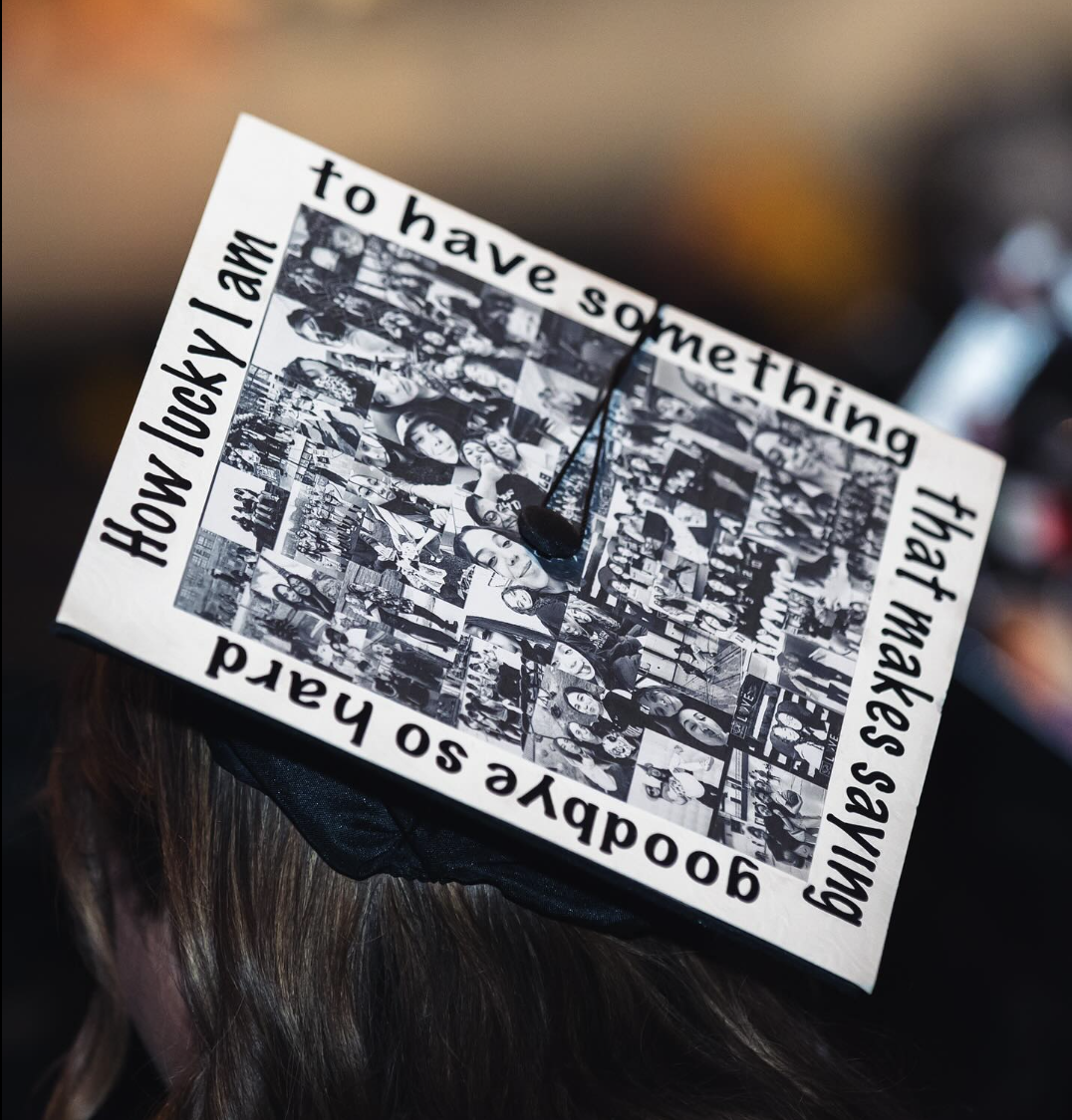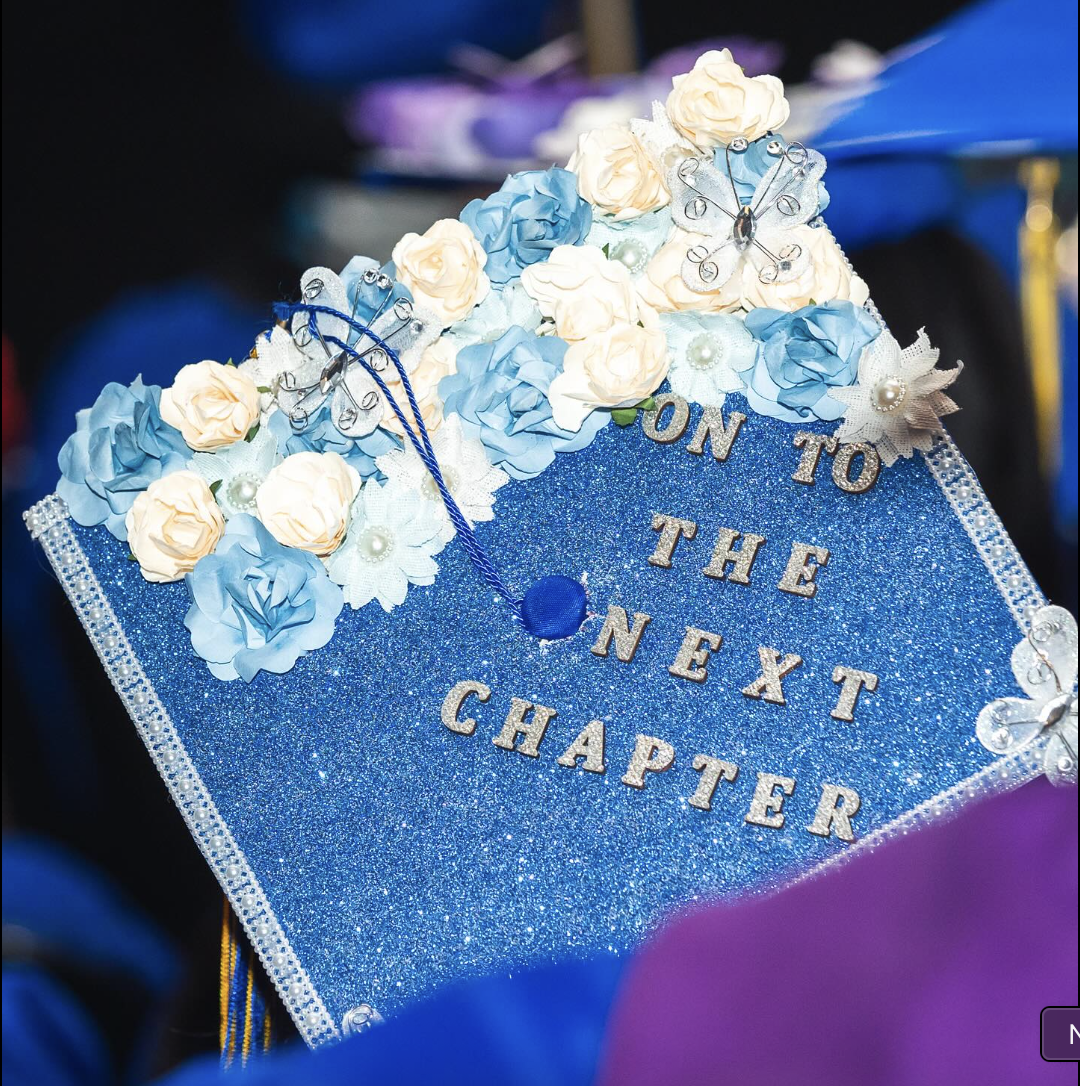Comings & Goings
Pedro Martinez takes leave of Chicago Public Schools, and the Chicago Education Alliance takes the stage.

Yesterday was Pedro Martinez's last day as CEO of Chicago Public Schools. He left in a blaze of exit interviews that spilled the tea about his splits with Mayor Brandon Johnson and Chicago Teachers Union president Stacy Davis Gates (starts at 6:42). Given that his lawsuit against the Chicago Board of Education will continue, and has expanded to include defamation claims against the union, Davis Gates, and board president Sean Harden, the drama isn't over.
The continuing squabble over the municipal pension payment and how to address the budget deficit will keep the plot twisting and turning, too. Speaking to the City Club of Chicago, Martinez predicted: "Over the next year, it's gonna be nuts. I already told my principals it's gonna be nuts here." He compared the rocky road ahead to a traffic jam full of rubbernecking cars. But he also insisted that the district's long-term future is bright, especially with the advent of a fully elected school board.
His advice to principals: "Get through the drama. Because the practices, the conditions that we created in our schools, the way we changed our financial model, the budget model, it is there for a reason."
Martinez insisted he tried to take the long view from the very beginning of his tenure as CEO, telling his team, "We're going to create conditions in our schools that we will not see the credit for right away ourselves, because it's not about us. It is about strengthening the system, and these practices are going to outlast all of us."
His observation got me thinking about decisions made by earlier CEOs that have had long-term effects. Paul Vallas gets credit for launching the expansion of International Baccalaureate programs into neighborhood high schools, which has helped increase students' college persistence. But his budgetary successes were based on a deal between Mayor Richard M. Daley and state lawmakers that allowed a property tax levy earmarked for teacher pensions to be diverted to the operating budget. That move set the stage for the budget crises of the 2010s, with a peak in 2017. Though the levy was reinstated and earmarked for pensions beginning in the 2017 fiscal year, pension debt continues to hobble the district's finances.
During Arne Duncan's tenure, Chicago high schools began zeroing in on ninth-graders and began to be held accountable for ensuring they finished their first year of high school on track to graduate. That focus has paid off in rising graduation rates. (You can read more about it in this excerpt from Emily Krone Phillips' book, The Make-Or-Break Year.) On the flip side, Renaissance 2010, the city's much-heralded effort to create 100 new schools--and was accompanied by scores of school closures--failed to live up to its hype.
In future efforts to deal with underenrolled buildings, future district leaders might want to replicate Janice Jackson's move to close Harper and Robeson high schools and replace them with a brand-new high school, Englewood STEM, though the strategy was controversial. In the wake of a Chicago Tribune investigation that revealed widespread and longstanding failures to protect students from being sexually assaulted or abused by school staff, Jackson launched the Office of Student Protections and Title IX. Understanding its impact will likely take years.
What might be the lasting impacts of Martinez's time as district CEO? The shift away from student-based budgeting to a model that ensures every school has a basic complement of staff plus discretionary funds could put brakes on the destructive cycle of schools losing students, then losing money, then losing programs, then losing more students. But it could also be that his decision to invest in long-term staffing with short-term pandemic relief funds ends in layoffs.
It's also worth noting that some things Martinez tried to take credit for were really efforts that began long before his tenure as CEO. Take the rise in students taking Advanced Placement courses. That started back in the Vallas years and has continued as a throughline since. The College Board named CPS an AP District of the Year twice, in 2011 and 2018 for its efforts to increase overall participation in and equity of access to AP courses.

Coming Soon: The Chicago Education Alliance
There's a new education nonprofit sprouting in town: the Chicago Education Alliance. It has been described to me as an effort to create a Chicago-specific agency similar to Advance Illinois, the bipartisan statewide education advocacy group known for its work on equity in education funding, teacher diversity, and early childhood. (It was also a key player in passing SB 7, the 2011 education bill that reformed teacher tenure and raised the voting threshold to authorize a teacher strike to 75%.)
In January 2024, the national education consultancy Bellwether produced an overview of the challenges Chicago's education stakeholders face as the district's governance shifts to an elected school board, coupled with the continuing struggle to help students recover from the effects of the pandemic, including the long period of remote learning. The Bellwether report pointed to both Advance Illinois and the Latino Policy Forum as examples of successful statewide education advocates and suggested the business community, historically deeply involved in education advocacy but arguably less so in recent years, could re-engage as part of a coalition of Chicago stakeholders. The report was funded by The Joyce Foundation, the Steans Family Foundation, and Vivo Foundation.
Since then, funders and other stakeholders have developed a charter for the group and have raised startup funding. Applications for the founding executive director were due Monday.
Resource Roundup
I hope you'll share these resources with folks you know who might find them of interest.
Summer activities that still have spaces:
Math Circles of Chicago has room for 6th-9th grade students at Back of the Yards High School and Payton High School. Remaining spaces are first-come, first-served. Register here.
UIC's Young Scholars Program offers STEM-focused high schoolers a taste of the math they will encounter in higher education and industry. A few spots may still be available. Register here.
The free, weeklong Freedom School Youth Institute for 6th-9th grade students will be held at UIC for the first week of August. Applications are due July 2.
The UChicago Consortium on School Research recently released a set of playbooks to help families and LSC members know what to look for in principal leadership. There are also guides in English and Spanish that help LSC members dig into 5Essentials survey data related to principal leadership.
Comments ()